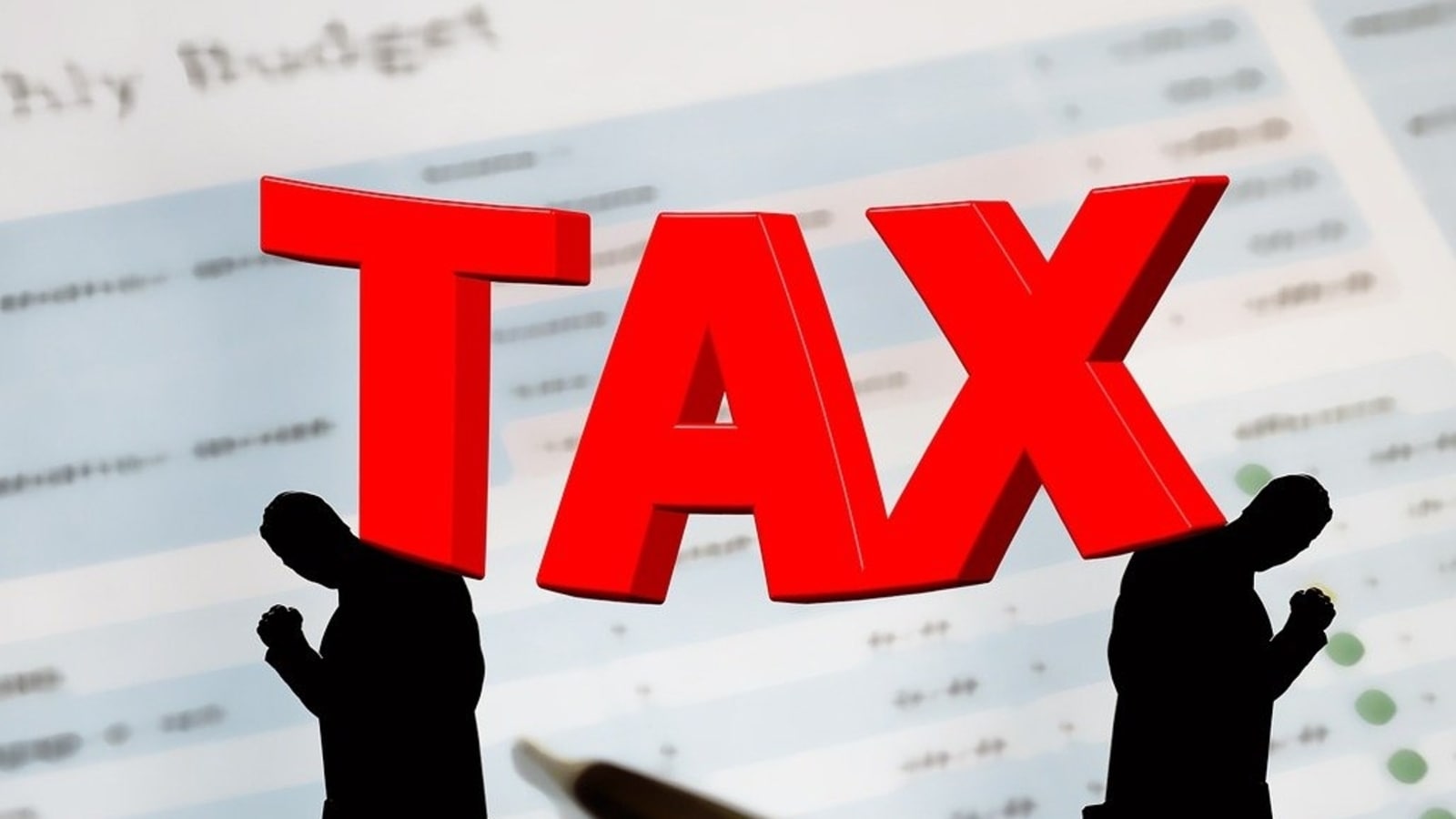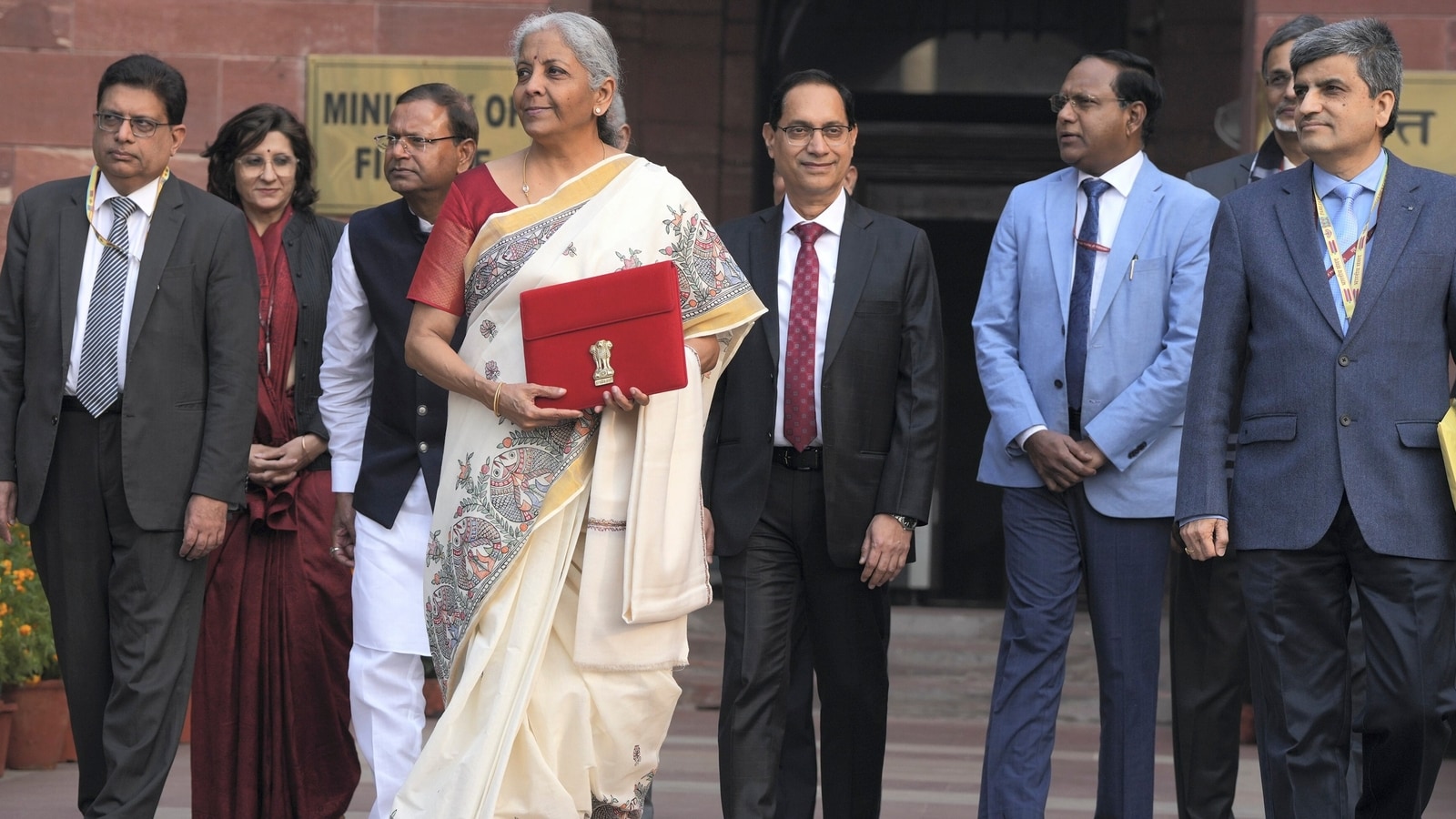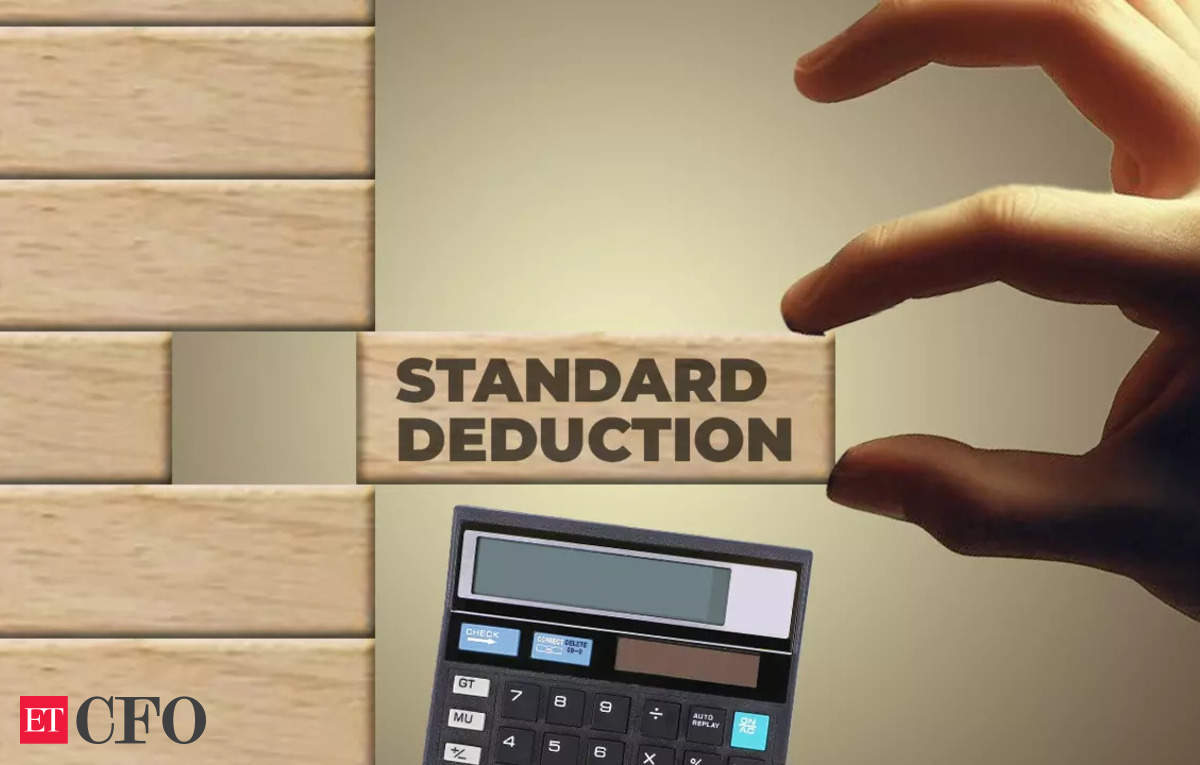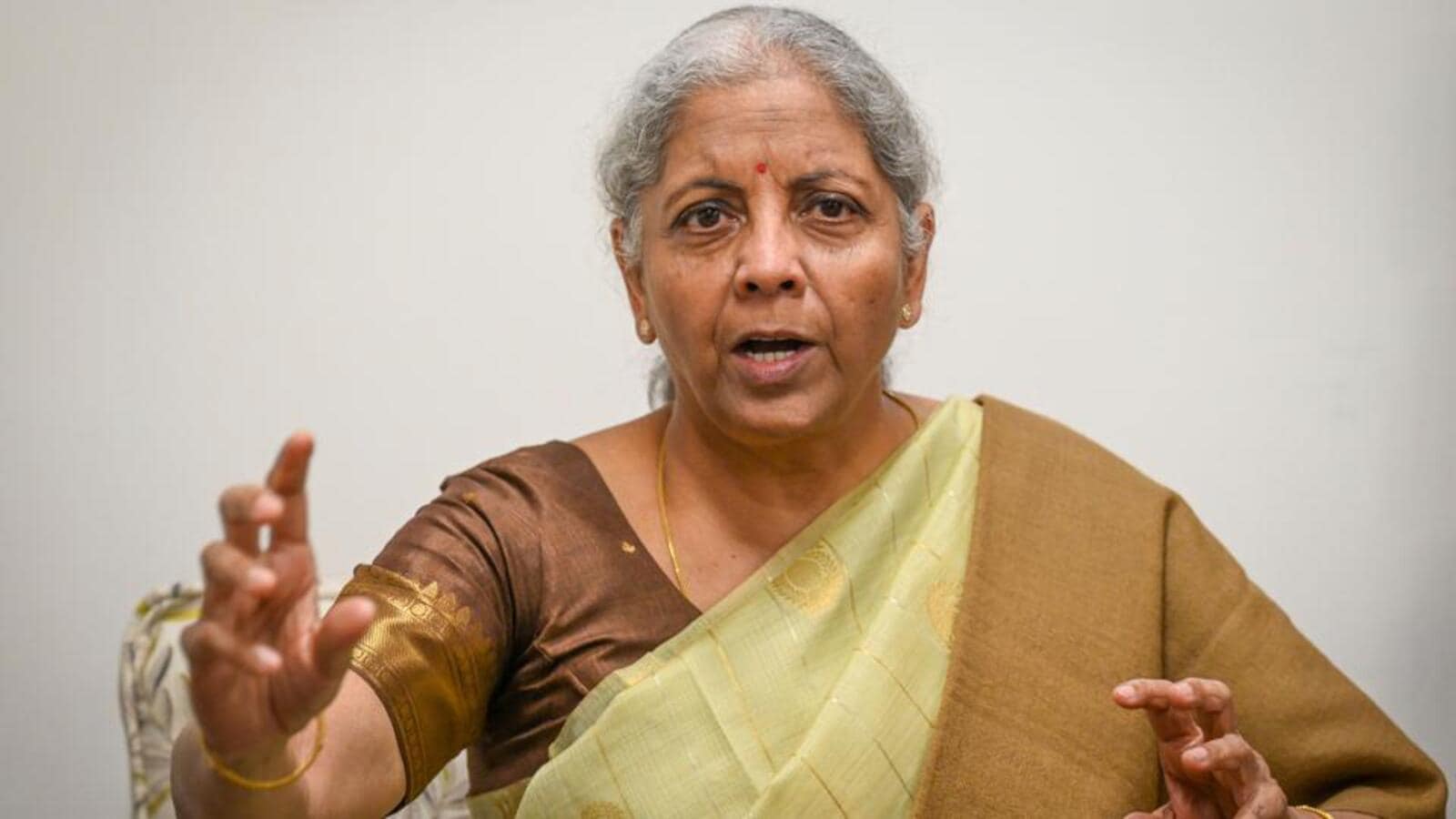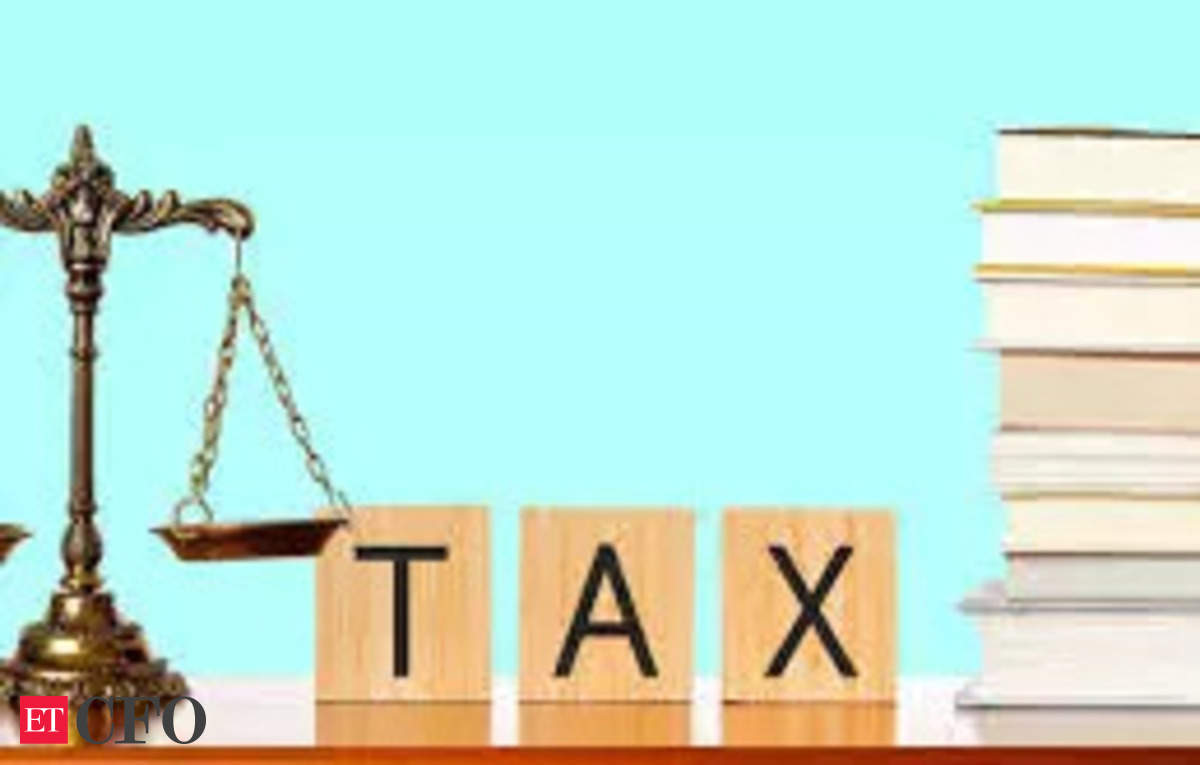Case Reference:
Writ Petition Application No. 2904 of 2023 dated January 04, 2024
Court:
Hon’ble Calcutta High Court
Highlights:
In the case of Arvind Gupta v. Assistant Commissioner of Revenue State Taxes, the Calcutta High Court ruled on the discretionary power of the Appellate Authority to allow appeals filed after the expiry of the limitation period under Section 107 (4) of the Central Goods and Services Tax Act, 2017 (“CGST Act”).
Facts:
- Arvind Gupta (“the Petitioner”) filed an appeal before the Senior Joint Commissioner of Revenue, the Appellate Authority (“the Respondent”).
- The Petitioner cited the delay and reasons for filing the appeal beyond the statutory period of limitation in FORM GST APL-01:
- The Petitioner was suffering from carcinoma maxilla.
- During July 2023, he underwent treatment at Apollo Hospital, Delhi.
- He frequently visited doctors in Delhi due to his precarious health condition.
- The Respondent passed an Order dated October 30, 2023 (“the Impugned Order”) and rejected the appeal, citing delay beyond the stipulated four months.
Issue:
Whether the Appellate Authority has the discretion to allow an appeal to be presented within one month after the expiry of the limitation period?
Judgement:
- The Calcutta High Court held that Section 5 of the Limitation Act, 1963, which allows for the condonation of delay, is attracted as it has not been expressly or impliedly excluded by Section 107 of the CGST Act.
- Relying on the decision in S.K. Chakraborty v. Union of India & Ors. (MAT 82 of 2022), the Court emphasized that the Respondent has the discretion to allow appeals to be presented within one month after the expiry of the limitation period, upon sufficient cause being shown.
- The Court observed that the Respondent failed to consider the prayer of the Petitioner for condonation of delay and that the Impugned Order suffered from infirmity.
- Concluding that the Petitioner was prevented by sufficient cause for not filing the appeal within the statutory period, the Court directed the Respondent to consider the appeal on its merits and decide accordingly, after affording the Petitioner an opportunity of hearing.
This judgement underscores the Appellate Authority’s discretionary power to condone delays in filing appeals, emphasizing the importance of considering sufficient cause shown by the appellant.
Visit www.cagurujiclasses.com for practical courses


